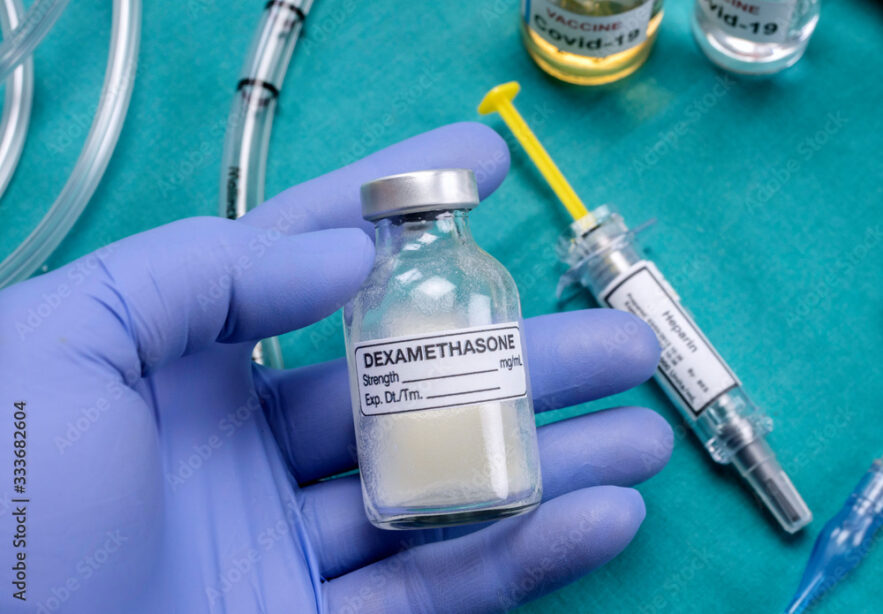I’ve just learned about a drug called dexamethasone (dex). It’s a male steroid that the FDA has approved for several uses — but not for use prenatally. In fact, given the disastrous history of DES, a female hormone that crossed the placental barrier causing a raft of issues for the fetus and the fetus’s offspring and grandchildren, I would think that sex hormone or steroids would be off the table as a treatment for pregnant women. I was wrong.
Dexamethasone has been used since the early 1980s on women who are pregnant and at risk for having a second child with CAH – congenital adrenal hyperplasia. 1 in 15,000 children are born with this disease. Many are tested at birth in a simple heel prick blood test. Please see our page on CAH for more information.
This full effects of dex on a fetus are unknown. There is no research to show the benefits of treatment with Dexamethasone outweigh the risks.
Fetal exposure to dex doesn’t cure CAH, it doesn’t change the course of treatment for the child born with it. The only thing it does is minimize the cosmetic “masculinization” of female genitals which is an effect of CAH. The females born with CAH might have ambiguous genitals, which are variable and different in each female child. For example the clitoris might be enlarged and/or slightly penis-shaped. The labia might be connected like scrotum. This is upsetting for the parents and is usually corrected with cosmetic surgery while the child is still an infant. It is also claimed that using dex will “correct” for tomboyism and lesbianism thought to possibly accompany CAH in females. Apparently these doctors want to discourage tomboys and stop lesbianism through unproven, experimental chemistry.
Given that the long-term risks of exposing a fetus to dex are undiscovered as yet, parents need to be fully informed about the risks and the options for the different outcomes.
Fortunately the use of Dexamethasone in these cases is very limited, a few hundred fetuses since the early 80s. But that’s bad too — there are so few it would be difficult to track an adverse event (and it’s been less than 30 years) but it’s been used long enough for a false sense of complacency, “Doctors have been doing this for thirty years, how could it be a bad thing?”
Sex hormones and sex steroids have been proven to affect the fetus, but there hasn’t been any testing for long-term effects. It took 30 years to discover the massive damages that DES caused, why are doctors suggesting that mothers take this risk for so small a benefit?






